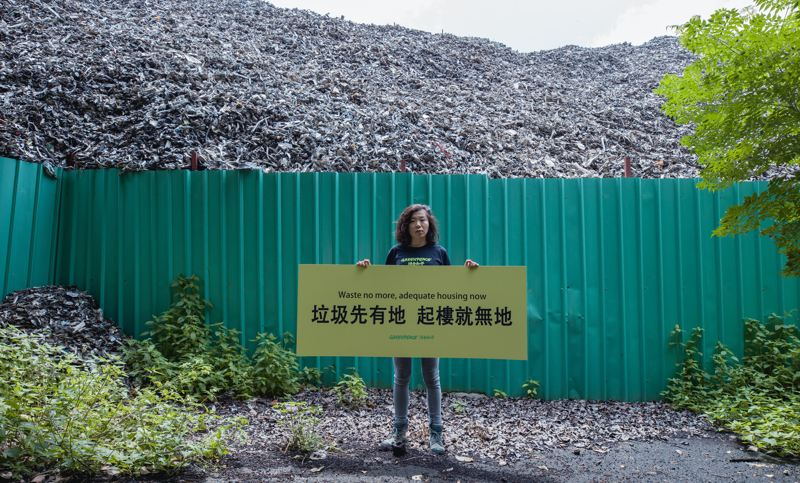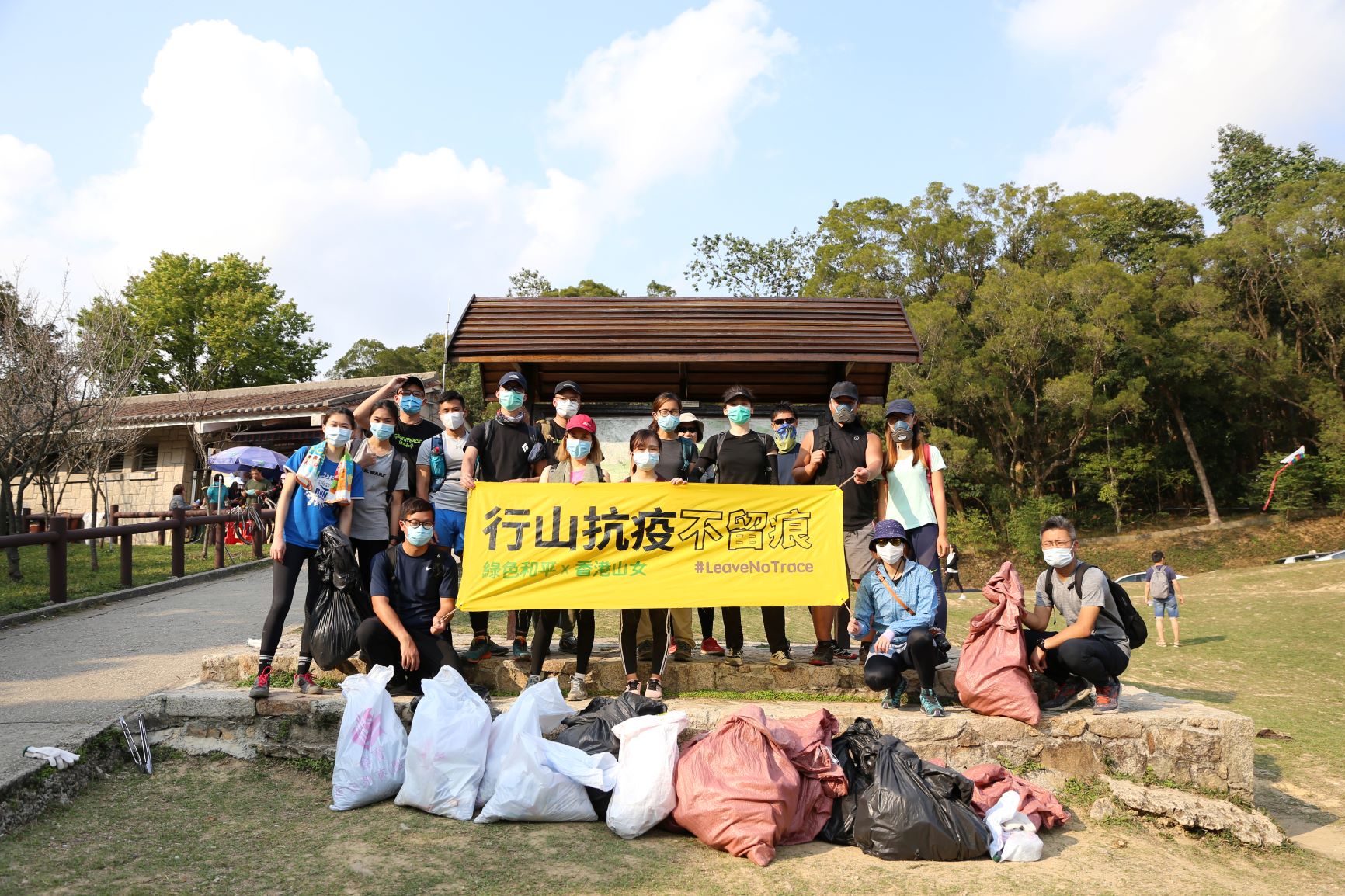Seoul, 1 November 2016 – Samsung’s lack of transparency on the disposal of Galaxy Note 7 leaves tonnes of precious minerals at risk of being discarded into the environment. According to calculations by Oeko-Institut, a research and consultancy institution based in Germany, 4.3 million smartphones contain more than 20 metric tonnes of Cobalt, approximately more than 1 tonne of tungsten, 1 tonne of silver, 100 kilograms of gold and between 20 and 60 kilograms of palladium.These materials could be recovered but would instead end up harming the environment if Samsung doesn’t repurpose or reuse these precious minerals.
Samsung has yet to make an official statement fully explaining the causes of the fault, despite a global recall of the Galaxy Note 7 and offering replacements. It has said that it will not recycle the phones and has still not offered any clarity on what it will do with the returned phones.
“Samsung now has an opportunity to set an example to the industry: will it recover and reuse the precious metals and other valuable materials in these 4.3 million devices and avoid an environmental disaster or will it simply dump them?” said Jude Lee, Senior IT Campaigner at Greenpeace East Asia. “We are launching a global petition challenging Samsung to not dump the phones and instead take this chance to totally rethink how it designs and produces its products.”
Millions of phones were recalled worldwide after a number of high profile cases of exploding Samsung Galaxy Note 7 devices. In April 2016, Samsung expected to sell 14 million Galaxy Note 7 devices within the first two months since its official launch.
Samsung has currently produced 4.3 million devices and sold 1.8 million in more than 10 countries including South Korea, USA, Canada, Mexico, Australia, New Zealand, Singapore, Taiwan, United Arab Emirates, and China.
In the USA – the country with the highest amount of phones sold with a total of 1 million – Samsung mentioned that their existing mobile takeback programme does not apply to the Galaxy Note 7, but has not stated how they will deal with the phones, or whether the phones will go through recycling or smelting programs.
The Galaxy Note 7 incident reflects the disposable economic model of many smartphone manufacturers and is having a negative impact on the brand’s reputation. Dumping millions of phones also raises the issue of Samsung’s transparency and claims to support a ‘circular economy’, and of the responsibility associated with resource efficiency.
In 1995, following a defect in its newly produced Anycall phones, Samsung disposed of 150,000 phones and set them on fire. Greenpeace urges Samsung to step up and use this crisis as an opportunity to adopt a more forward-thinking approach.
“This incident shows how fragile and wasteful our current system of production is – a system that hasn’t changed since the industrial revolution. Samsung has an opportunity to rethink its production model – one that would improve recovery of precious metals and rare earth minerals, to design products that can be more easily repaired, recycled or reused,” said Lee.
In August, Greenpeace East Asia released results of a consumer survey which found that many people believed that phone manufacturers should be responsible for providing people with the means to recycle their phones. Over half of respondents across the countries surveyed agree that manufacturers are releasing too many new models every year.
Greenpeace is calling on Samsung to not dump or burn the devices and minimise the environmental impact by finding alternative ways to reuse the resources. It must also be transparent and publish its plan on how it intends to deal with dismantling and disposing these phones.
Notes to editors:
[1] More information on calculations and methodology by the Oeko-Institut- available here.
[2] 4.3 million smartphones refers to calculations presented in South Korean media:
From August 19 launch until the first global recall on 2 September, 2.5 million Note 7 phones were produced (1.5 million were sold). After the first recall, 1.5 million further replacement products were produced. Samsung sold a further 0.2 million devices in China after the first global recall (the country was not included in the recall as the batteries were sourced elsewhere). The company also sold a further 0.1
million more in Korea from October 1 after resuming sales.
http://www.hankyung.com/news/app/newsview.php?aid=2016101161201 http://www.newsis.com/ar_detail/view.html?ar_id=NISX20161011_0014441331&cID=10401&pID=10400
[3] “Nearly half of consumers say manufacturers should be responsible for recycling mobile phones” – Greenpeace International press release
Media contacts:
Maria Elena De Matteo, Global Communications Strategist, Greenpeace East Asia, [email protected], phone +852 9584 7425
Greenpeace International Press Desk, [email protected], phone: +31 (0) 20 718 2470 (available 24 hours)



